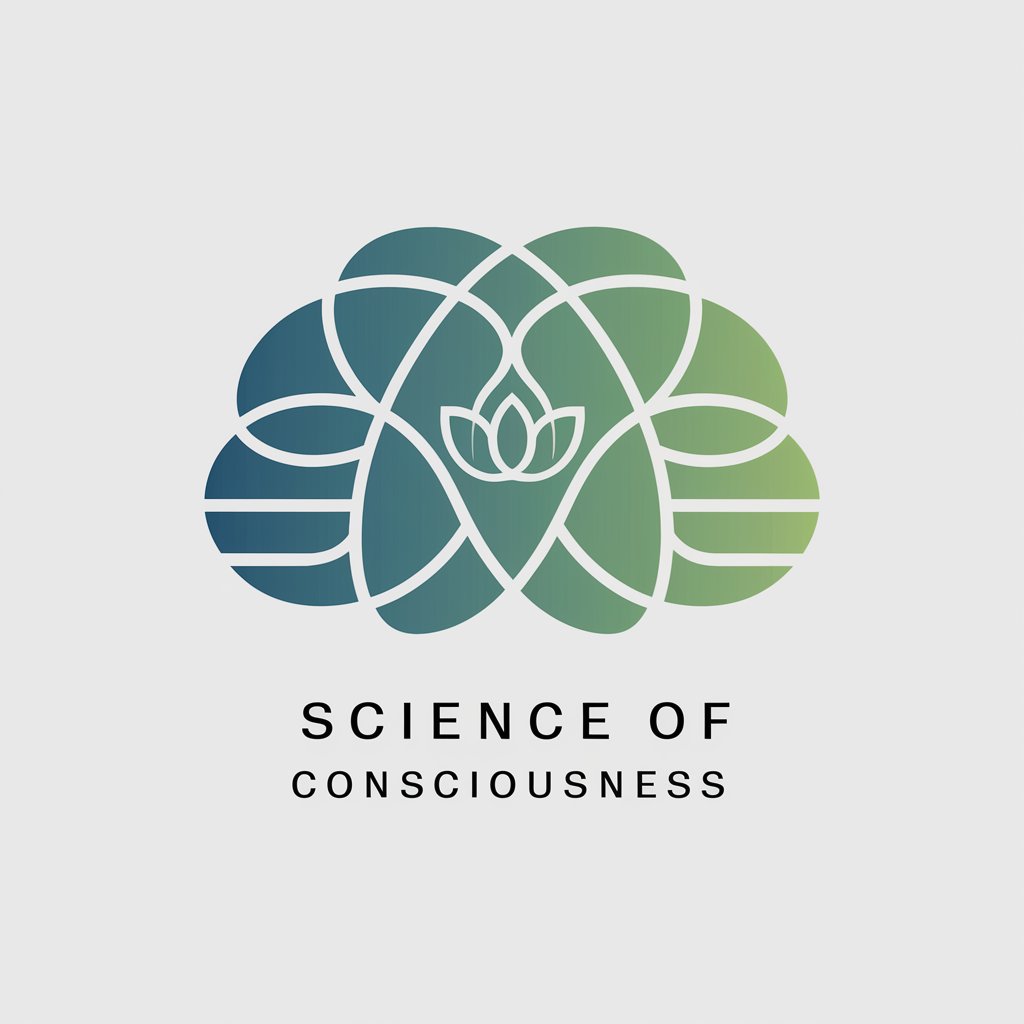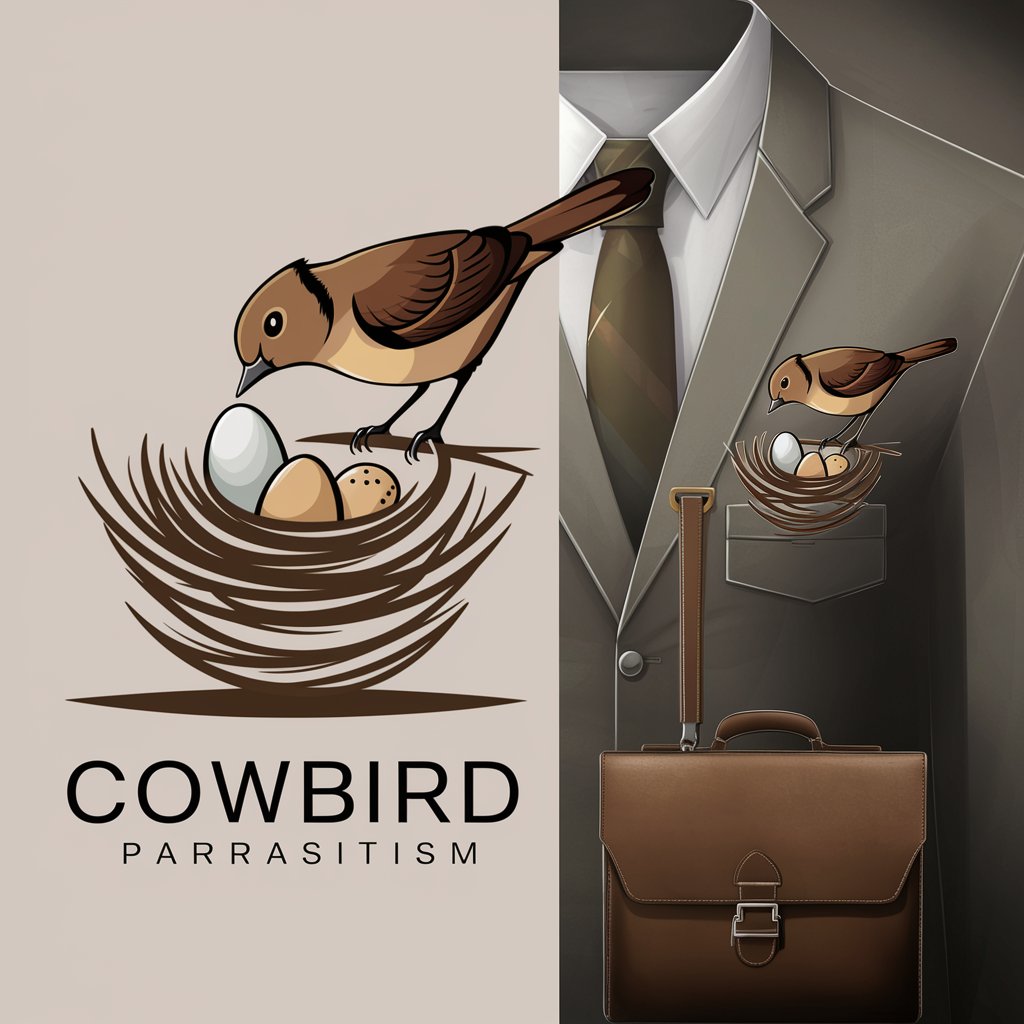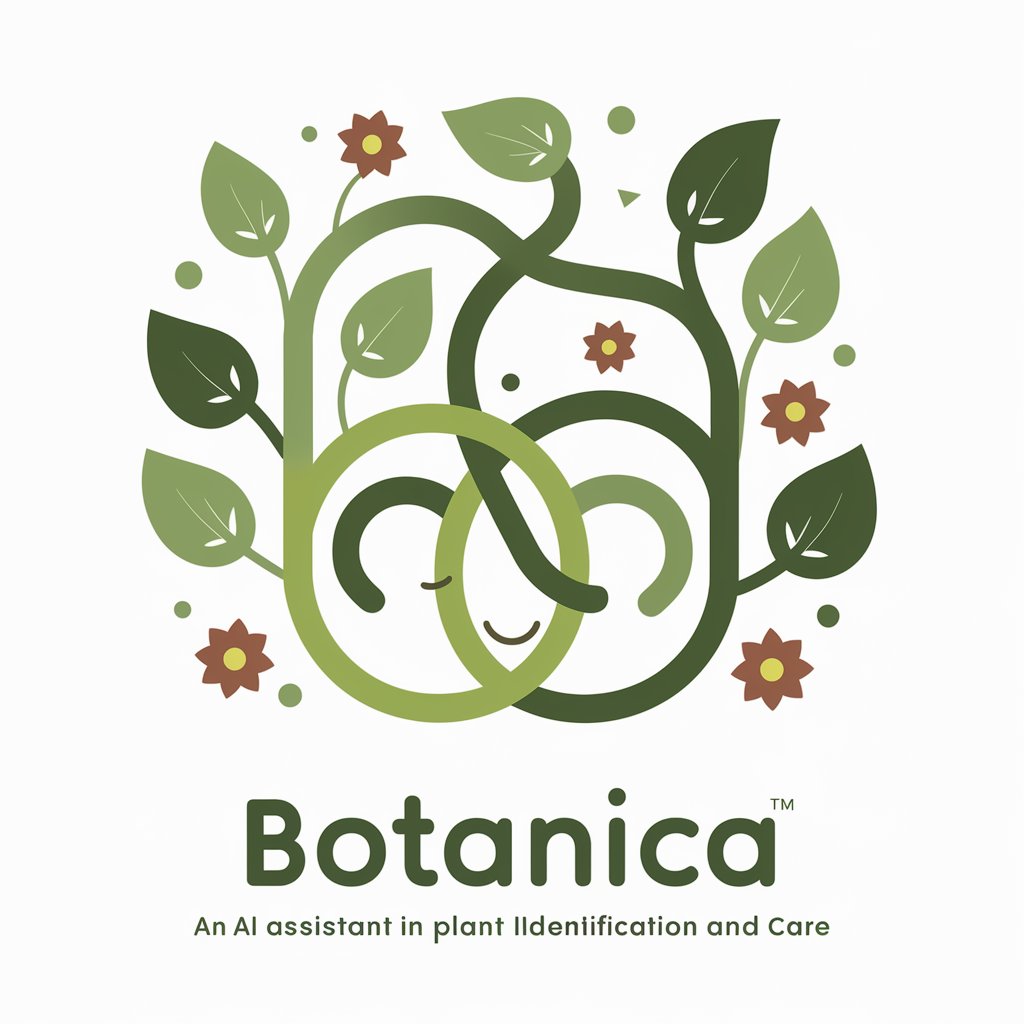Science of Consciousness - Consciousness Exploration Tool

Welcome! Let's explore the science of consciousness together.
Unlock Your Mind's Potential
How does meditation affect brain waves and consciousness?
Explain the benefits of automatic self-transcending meditation.
Describe the differences between focused attention and open monitoring meditation.
What are the scientific foundations of meditation practices?
Get Embed Code
Introduction to Science of Consciousness
The Science of Consciousness is designed to offer comprehensive insights into the multifaceted aspects of meditation, its impacts on brain function, and consciousness. This specialized knowledge platform aims to elucidate the benefits of meditation for stress management, enhancing well-being, and improving performance in both personal and professional realms. By exploring the three main styles of meditation - open monitoring, focused attention, and automatic self-transcending - it provides users with a deep understanding of their unique processes and benefits. Additionally, it delves into the scientific underpinnings of meditation, including the changes in brain waves such as theta, gamma, and alpha waves, and how these alterations correlate with various states of consciousness. Through a blend of scientific research and practical guidance, it seeks to demystify the experience of pure consciousness and its integration into daily life, making these profound concepts accessible and actionable. Powered by ChatGPT-4o。

Main Functions of Science of Consciousness
Educational Insights
Example
Providing in-depth explanations on how meditation affects the brain, including the role of different brain waves in meditative states.
Scenario
A user interested in the scientific basis of meditation can learn about how specific meditation practices can lead to the enhancement of alpha waves, which are associated with relaxed alertness, and how this state can contribute to stress reduction and increased creativity.
Guided Meditation Practices
Example
Offering guided practices in the three main styles of meditation to facilitate personal exploration and understanding of each method.
Scenario
A beginner in meditation can follow guided practices to explore focused attention meditation, gaining firsthand experience of how directing attention to a single point can aid in developing concentration and mental clarity.
Integration of Meditation into Daily Life
Example
Suggestions and strategies for incorporating meditation into daily routines to enhance overall well-being and productivity.
Scenario
A busy professional can find strategies for short, effective meditation sessions that fit into a hectic schedule, helping them manage stress and improve focus at work.
Ideal Users of Science of Consciousness Services
Individuals Seeking Stress Reduction
People experiencing high levels of stress in their personal or professional lives who are looking for effective ways to manage stress and enhance their emotional well-being.
Health and Wellness Professionals
Therapists, coaches, and wellness practitioners seeking to deepen their understanding of meditation and consciousness to enhance their practice and offer more comprehensive guidance to their clients.
Researchers and Students
Academics and students in psychology, neuroscience, and related fields interested in the scientific study of consciousness and the effects of meditation on the brain and body.

How to Utilize Science of Consciousness
1
Start by exploring yeschat.ai for an initial experience without the need for signing in or subscribing to premium services.
2
Familiarize yourself with the foundational concepts of meditation and consciousness by reviewing available resources and guides.
3
Engage with interactive sessions or tools provided to deepen your understanding of consciousness science and its applications.
4
Apply the insights gained to personal or professional life, exploring areas such as stress reduction, enhanced focus, and well-being.
5
Participate in community discussions or forums to share experiences, gain new perspectives, and connect with like-minded individuals.
Try other advanced and practical GPTs
PixelPro
Empowering Creativity with AI Insight

ImmOpportunité
Empowering property investors with AI-driven insights.

Ai Text Generator for Code
Empowering Coding with AI

Cowbird
Harnessing Nature's Lessons for Business Success

受験サポーター(武田)
Tailor Your Path to Academic Success

Life Milestone Celebrator
Elevate Milestones with AI-Powered Celebrations

Digital Marketing Expert
Elevate Your Brand with AI-Powered Marketing Insights

Canadian Accounting Assistant
Empowering your finances with AI-driven guidance.

Privacy Policy Generator
Simplify Privacy with AI-Powered Precision

Botanica
Discover plants with AI-powered identification

AssistGPT
Empowering Decisions with AI

Originality Inspector
AI-Powered Originality Validation

Frequently Asked Questions about Science of Consciousness
What is Science of Consciousness?
Science of Consciousness is an AI-powered tool designed to provide insights into meditation, brain function, and the exploration of consciousness. It covers meditation techniques, scientific underpinnings of consciousness, and practical applications for everyday life.
How can Science of Consciousness benefit my daily life?
By using Science of Consciousness, you can learn meditation techniques for stress management, enhance your cognitive abilities, improve emotional well-being, and achieve a deeper understanding of your own consciousness.
What are the main styles of meditation covered?
Science of Consciousness explores three primary meditation styles: open monitoring, focused attention, and automatic self-transcending, each offering unique benefits and experiences.
Can Science of Consciousness help with academic or professional performance?
Yes, through techniques that enhance focus, reduce stress, and promote cognitive clarity, this tool can significantly improve both academic and professional performance.
Is Science of Consciousness suitable for beginners?
Absolutely, it provides a comprehensive yet understandable guide to meditation and consciousness, making it accessible for beginners while also offering depth for more experienced individuals.
